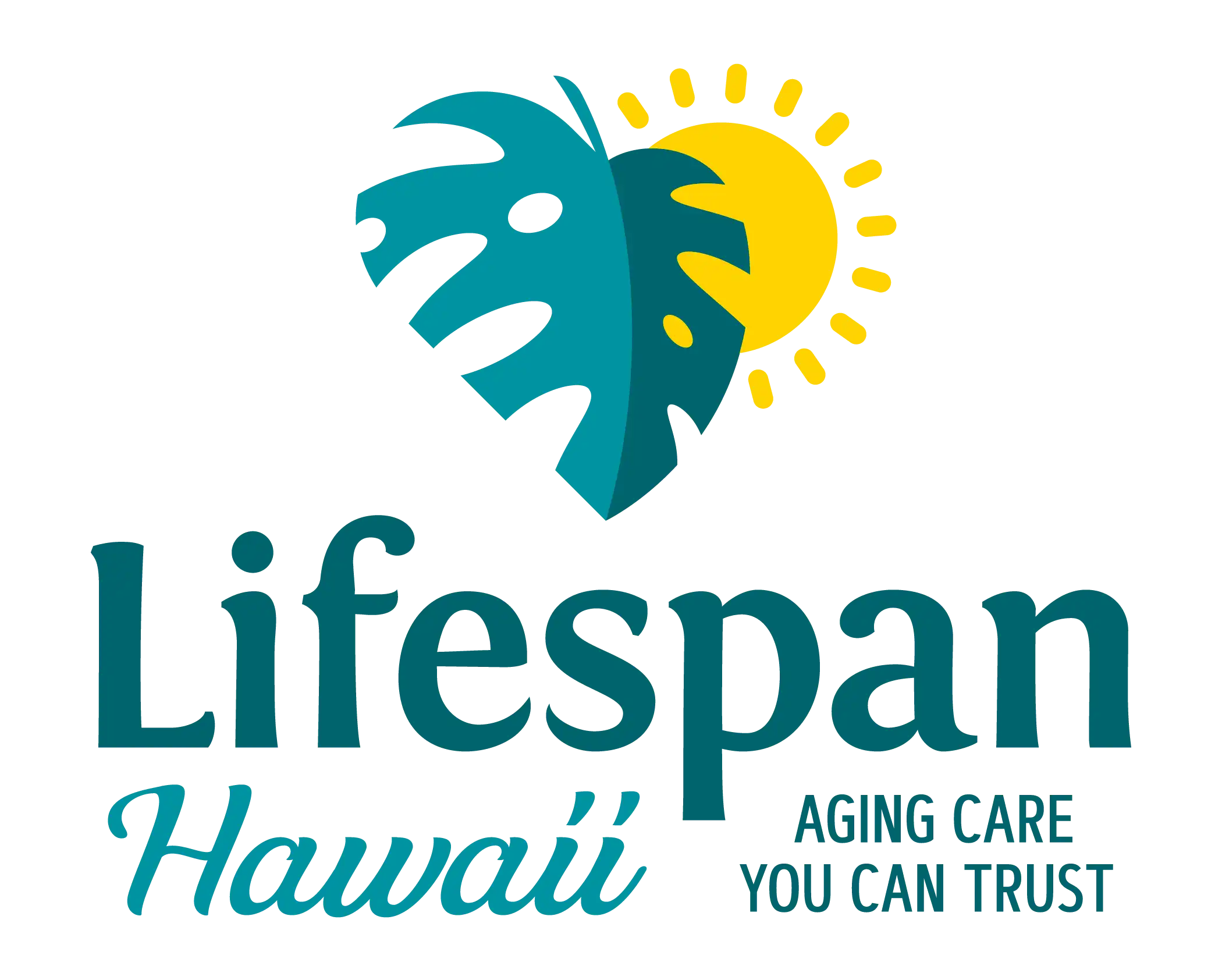Survey: Hawaiʻi residents have diverse views on multimodal travel options and parking fees

Ulupono Initiative has announced the results of three surveys that examined how Hawaiʻi residents view clean transportation options and parking fees in the context of sustainability, affordability and accessibility.
Titled “Survey: Residents’ Sentiments More Varied Towards Multimodal Transportation and Parking Fees,” the white paper examined two areas that Ulupono – an environmental sustainability advocacy group – has studied over the past five years:
- Multimodal travel options — Defined as cleaner, more sustainable ways for a person to travel from one place to another. Examples used in the survey included activities such as walking, biking, carpooling or catching the bus.
- Parking fees — Defined as a fee people pay to park their vehicle at various locations.
“We wanted to know if there is a disconnect between residents’ desire to use multimodal transportation and actually going out and using them,” said Kathleen Rooney, Ulupono Initiative’s director of transportation policy and programs.
“In many cases, parking is presented as free, despite being heavily subsidized or having other hidden costs. This inhibits the success of these choices and so we also wanted to dive into tradeoffs around how much parking is really worth when compared to other community goals around affordable housing or greater transportation choices.”
Ulupono commissioned Anthology Research to conduct the online omnibus surveys in July 2021, July 2022 and February 2023. Each year’s survey consisted of two questions touching on multimodal transportation and one on parking fees, and reached approximately 500 participants each year for a total of about 1,500 research participants. Results are:
- Multimodal Transportation Options
- About half of survey respondents are more open to multimodal transportation choices than anticipated.
- Neighbor island residents had similar openness to sustainable travel options to O‘ahu residents despite having generally fewer options on the ground.
- Parking Fees
- When asked if they would be willing to pay parking fees if it meant Hawaiʻi would have more affordable housing, more survey respondents were open to paying.
“By using this survey approach, we can assess changes in peoples’ sentiments in Hawai‘i as more transportation options become available and accessible,” Rooney said. “Right now, it shows that people are open to more choices and that their desires are not monolithic in support of exclusive car travel.”
The white paper can be found on Ulupono Initiative’s website, under Project Profile. Ulupono plans to continue tracking answers to the same survey questions annually and will report on any significant findings in the future.











